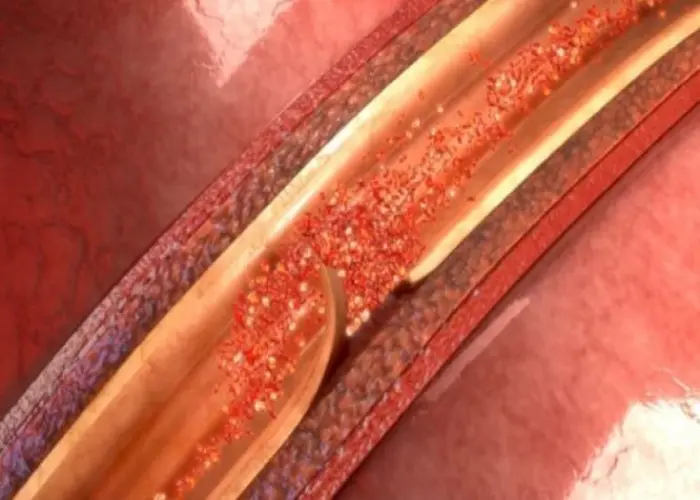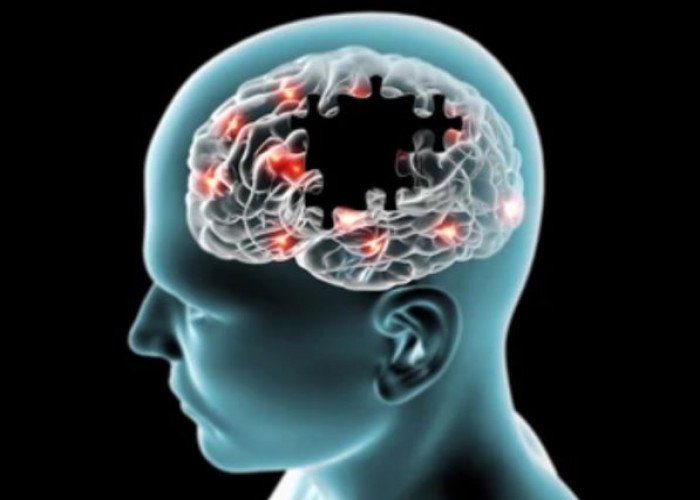 Welcome
Welcome
“May all be happy, may all be healed, may all be at peace and may no one ever suffer."
Alzheimers disease

Alzheimer's disease is a progressive neurodegenerative disorder that affects memory, thinking, and behavior. It is the most common cause of dementia in older adults and currently has no cure.
The exact causes of Alzheimer's disease are not fully understood, but it is believed to involve a combination of genetic, environmental, and lifestyle factors.
Symptoms of Alzheimer's disease typically develop slowly and may include:
- Memory loss, especially for recent events
- Difficulty with routine tasks
- Confusion and disorientation
- Changes in mood and behavior
- Difficulty with language and communication
- Withdrawal from social activities
The severity of symptoms and the rate of progression can vary widely among individuals with Alzheimer's disease. In the later stages of the disease, individuals may need help with basic activities of daily living and may have trouble recognizing friends and family.
Treatment for Alzheimer's disease involves medications that can help manage symptoms and slow the progression of the disease. In addition, non-drug therapies, such as counseling and support groups, can be helpful for individuals with Alzheimer's disease and their families.
If you or a loved one is experiencing memory loss or other symptoms of Alzheimer's disease, it's important to see a doctor for an evaluation. An early diagnosis can help individuals and their families plan for the future and make the most of the time they have together.
Research Papers
Disease Signs and Symptoms
- Repeat statements and questions over and over
- Memory loss
- Delusions, such as believing something has been stolen
- Eating or sleeping patterns change
- Excessive anger
- Rapid mood chang
- Poor social skills
- Apathy
- Strong depression
- Have trouble finding the right words to identify objects, express thoughts or take part in conversations
- Routinely misplace possessions, often putting them in illogical locations
- Forget conversations, appointments or events, and not remember them later
- Forgetfulness
Disease Causes
Alzheimer's disease
The exact causes of Alzheimer's disease aren't fully understood. But at a basic level, brain proteins fail to function normally, which disrupts the work of brain cells (neurons) and triggers a series of toxic events. Neurons are damaged, lose connections to each other and eventually die.
Scientists believe that for most people, Alzheimer's disease is caused by a combination of genetic, lifestyle and environmental factors that affect the brain over time.
Less than 1% of the time, Alzheimer's is caused by specific genetic changes that virtually guarantee a person will develop the disease. These rare occurrences usually result in disease onset in middle age.
The damage most often starts in the region of the brain that controls memory, but the process begins years before the first symptoms. The loss of neurons spreads in a somewhat predictable pattern to other regions of the brains. By the late stage of the disease, the brain has shrunk significantly.
Researchers trying to understand the cause of Alzheimer's disease are focused on the role of two proteins:
- Plaques. Beta-amyloid is a fragment of a larger protein. When these fragments cluster together, they appear to have a toxic effect on neurons and to disrupt cell-to-cell communication. These clusters form larger deposits called amyloid plaques, which also include other cellular debris.
- Tangles. Tau proteins play a part in a neuron's internal support and transport system to carry nutrients and other essential materials. In Alzheimer's disease, tau proteins change shape and organize themselves into structures called neurofibrillary tangles. The tangles disrupt the transport system and are toxic to cells.
Disease Prevents
Alzheimer's disease
Alzheimer's disease is not a preventable condition. However, a number of lifestyle risk factors for Alzheimer's can be modified. Evidence suggests that changes in diet, exercise and habits — steps to reduce the risk of cardiovascular disease — may also lower your risk of developing Alzheimer's disease and other disorders that cause dementia. Heart-healthy lifestyle choices that may reduce the risk of Alzheimer's include the following:
- Exercising regularly
- Eating a diet of fresh produce, healthy oils and foods low in saturated fat such as a Mediterranean diet
- Following treatment guidelines to manage high blood pressure, diabetes and high cholesterol
- Asking your doctor for help to quit smoking if you smoke
Studies have shown that preserved thinking skills later in life and a reduced risk of Alzheimer's disease are associated with participating in social events, reading, dancing, playing board games, creating art, playing an instrument, and other activities that require mental and social engagement.
Disease Treatments
Drugs
Current Alzheimer's medications can help for a time with memory symptoms and other cognitive changes. Two types of drugs are currently used to treat cognitive symptoms:
- Cholinesterase inhibitors. These drugs work by boosting levels of cell-to-cell communication by preserving a chemical messenger that is depleted in the brain by Alzheimer's disease. These are usually the first medications tried, and most people see modest improvements in symptoms.
- Cholinesterase inhibitors may also improve neuropsychiatric symptoms, such as agitation or depression. Commonly prescribed cholinesterase inhibitors include donepezil (Aricept), galantamine (Razadyne ER) and rivastigmine (Exelon).
- The main side effects of these drugs include diarrhea, nausea, loss of appetite and sleep disturbances. In people with certain heart disorders, serious side effects may include cardiac arrhythmia.
- Memantine (Namenda). This drug works in another brain cell communication network and slows the progression of symptoms with moderate to severe Alzheimer's disease. It's sometimes used in combination with a cholinesterase inhibitor. Relatively rare side effects include dizziness and confusion.
In June 2021, the Food and Drug Administration (FDA) approved aducanumab (Aduhelm) for the treatment of some cases of Alzheimer's disease. This is the first drug approved in the United States to treat the underlying cause of Alzheimer's by targeting and removing amyloid plaques in the brain. The FDA approved the drug on the condition that further studies be conducted to confirm the drug's benefit. Experts also need to identify which patients may benefit from the drug.
Sometimes other medications such as antidepressants may be prescribed to help control the behavioral symptoms associated with Alzheimer's disease.
Creating a safe and supportive environment
Adapting the living situation to the needs of a person with Alzheimer's disease is an important part of any treatment plan. For someone with Alzheimer's, establishing and strengthening routine habits and minimizing memory-demanding tasks can make life much easier.
You can take these steps to support a person's sense of well-being and continued ability to function:
- Always keep keys, wallets, mobile phones and other valuables in the same place at home, so they don't become lost.
- Keep medications in a secure location. Use a daily checklist to keep track of dosages.
- Arrange for finances to be on automatic payment and automatic deposit.
- Have the person with Alzheimer's carry a mobile phone with location capability so that a caregiver can track its location. Program important phone numbers into the phone.
- Install alarm sensors on doors and windows.
- Make sure regular appointments are on the same day at the same time as much as possible.
- Use a calendar or whiteboard in the home to track daily schedules. Build the habit of checking off completed items.
- Remove excess furniture, clutter and throw rugs.
- Install sturdy handrails on stairways and in bathrooms.
- Ensure that shoes and slippers are comfortable and provide good traction.
- Reduce the number of mirrors. People with Alzheimer's may find images in mirrors confusing or frightening.
- Make sure that the person with Alzheimer's carries identification or wears a medical alert bracelet.
- Keep photographs and other meaningful objects around the house.
Disease Diagnoses
Disease Allopathic Generics
Disease Ayurvedic Generics
Disease Homeopathic Generics
Disease yoga
Alzheimers disease and Learn More about Diseases

Post-traumatic stress disorder (PTSD)

Head and neck cancers

Infectious diseases

Deep vein thrombosis (DVT)

Ampullary cancer

Worms

Familial hypercholesterolemia

Aortic dissection
Alzheimers disease, Alzheimer's, Alzheimer's disease symptoms, আলঝেইমার রোগ
To be happy, beautiful, healthy, wealthy, hale and long-lived stay with DM3S.
